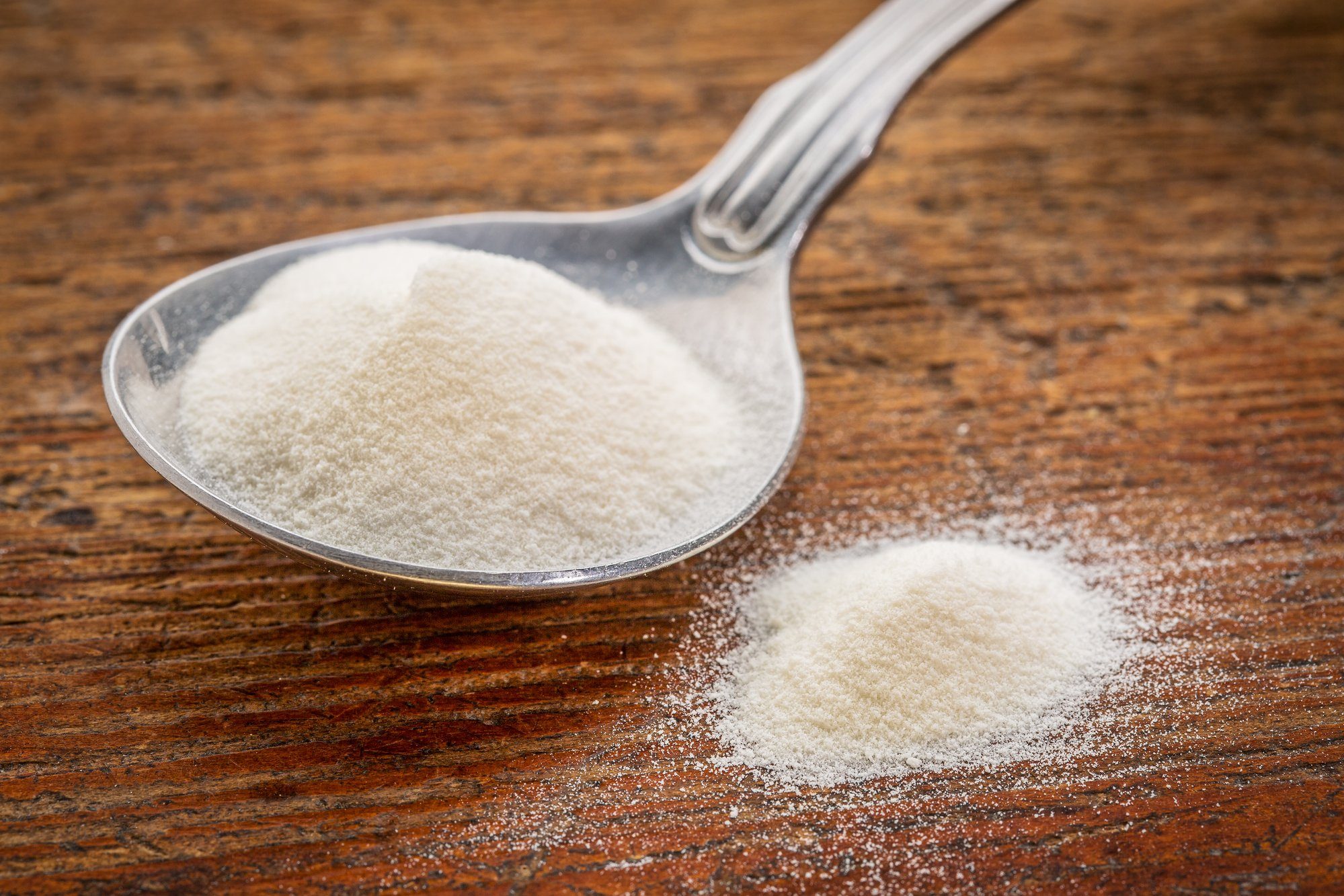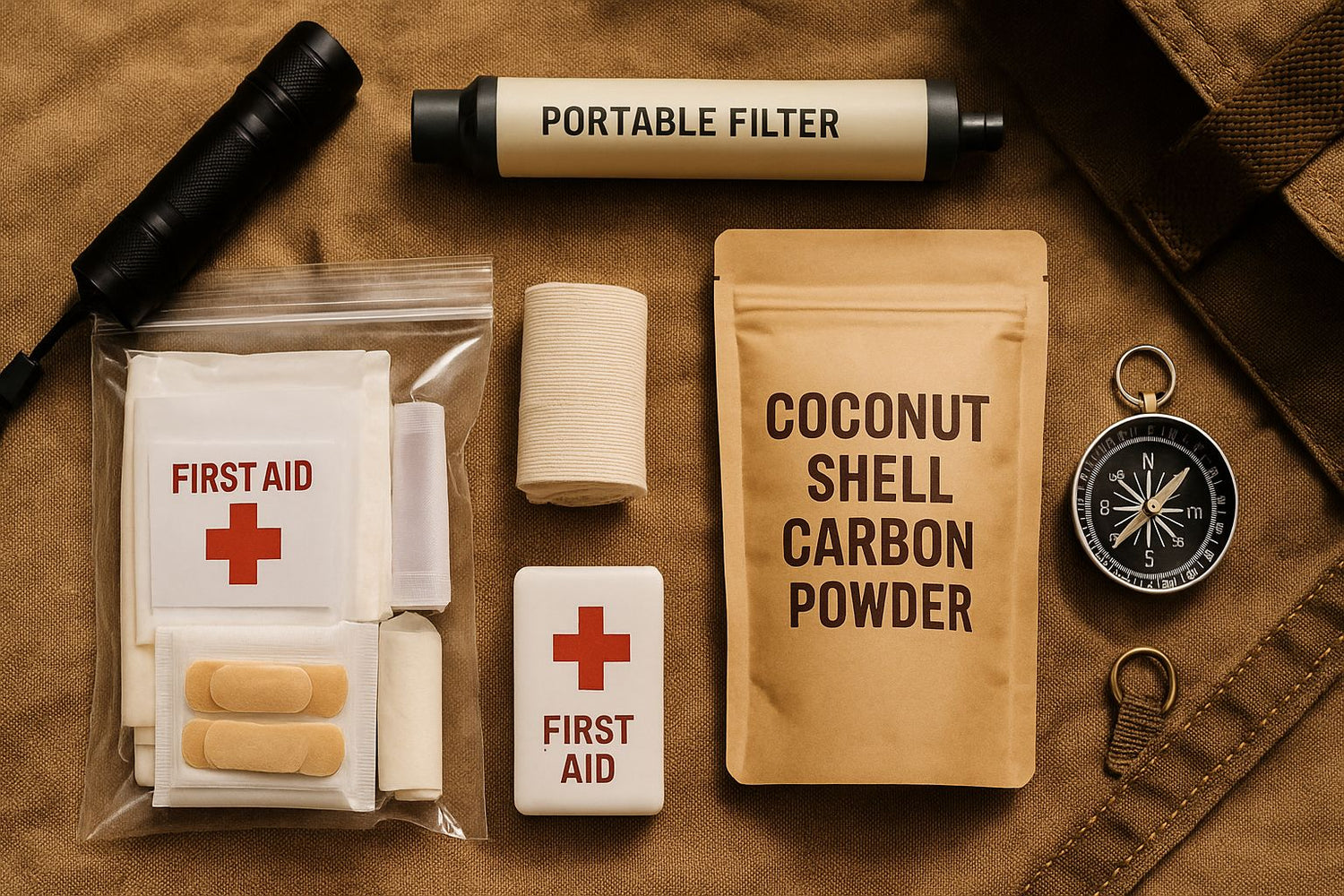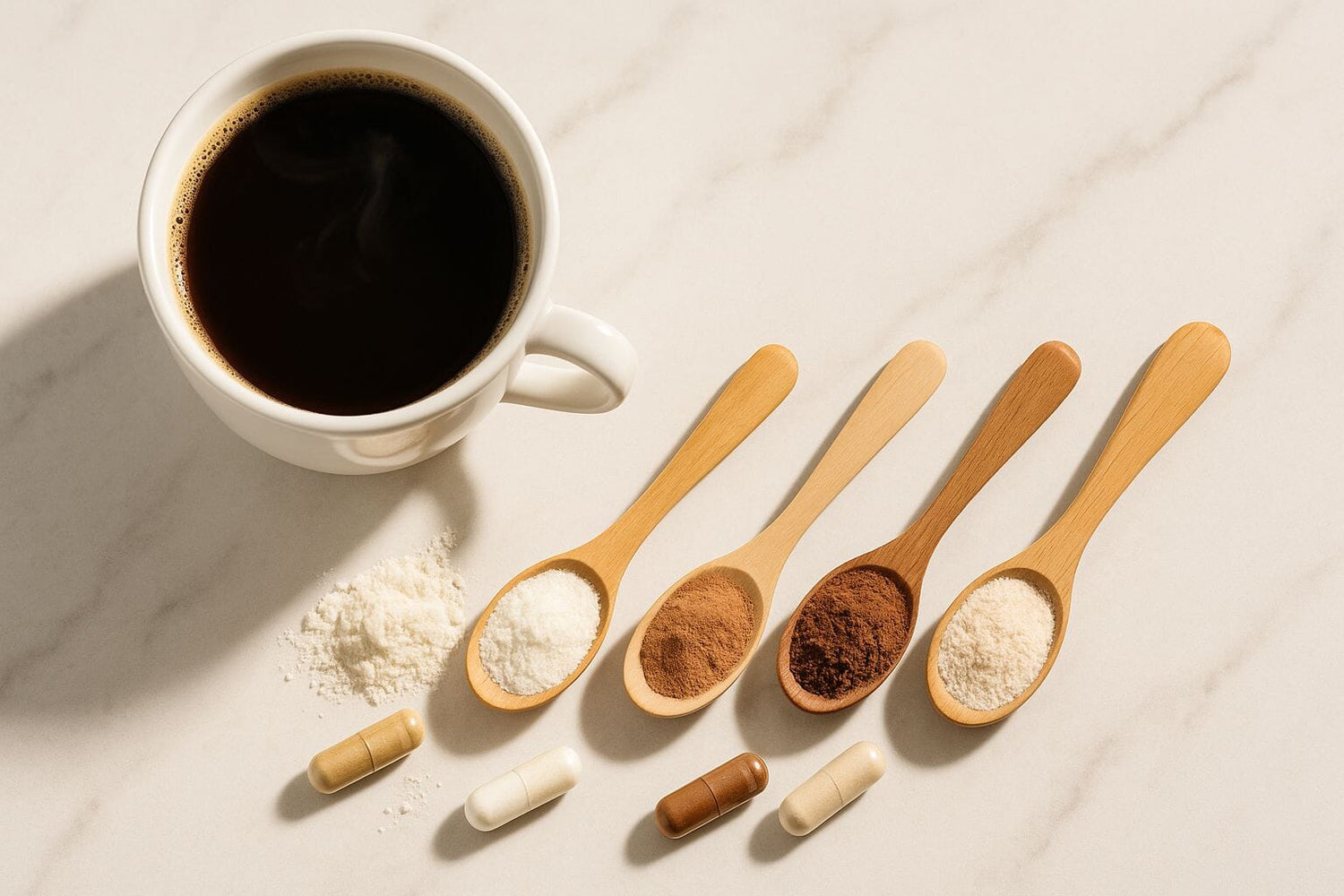There has been a lot of talk in recent years about collagen powders and supplements. You may be wondering if all of this talk is little more than hype or if collagen really can do all that it is purported to do.
While this supplement should certainly not be seen as the cure-all of body ailments, it is incredibly beneficial to a vast array of people and can be used to support a healthy diet and lifestyle, particularly as we age.
By learning more about exactly what collagen powder is, how it can help you and how you can best use it, you will begin to feel more confident about adding it into your diet.
What is Collagen Powder Made of?
It may surprise you to learn that collagen powders are made from many different animal tissues. Most notably, the bones and other connective tissues of animals, including their tendons, muscles and ligaments, are major sources of collagen. Collagen is an abundant resource in both human bodies and many animal bodies because it forms the primary structure for many different body parts.
Collagen is a major protein resource made up of three main types of amino acids, including proline, glycine and hydroxyproline, along with smaller quantities of numerous other amino acids. Hydroxyproline cannot actually be found in any other source. These amino acids must be broken down before the body can adequately use them as its own structural building blocks. To help your body better utilize collagen, opt for hydrolyzed peptides that already have their amino acid chains broken down.
While collagen supplements can come from a variety of sources, the best types are considered to be beef and marine collagen. Any good company will be very clear about the source of the collagen in its products.
What Are the Benefits of Supplementing With Collagen?
Although collagen supplements may not be the magic bullet that some claim them to be, research has adequately proven that high-quality collagen from safe sources can produce some amazing benefits for many people. While these benefits primarily focus on the connective tissues and bones of the human body, collagen can also affect heart, brain and digestive system health. In fact, it may even be able help with weight loss by increasing satiety levels, which can then decrease the amount you want to eat at each meal.
Here is a quick glance at some of the most important benefits of collagen that research has proven over the years.
Skin Health
Your skin is made up of 75% collagen. Collagen usage for skin health has been one of the most oft-studied benefits of this supplement and has some of the most solid evidence for its use behind it. For example, one study from 2014 showed that eight weeks of collagen usage noticeably improved skin elasticity. Another study from 2015 showed that collagen supplementation improved skin hydration while also decreasing the appearance of skin aging. A 2013 study proved that collagen noticeably decreased the appearance of wrinkles in the skin. In fact, not only can collagen decrease skin wrinkles on its own but it can also jumpstart the body into producing more natural collagen on its own.
If you need further proof of the benefits of collagen supplementation, consider the body of evidence shown by the Journal of Drugs in Dermatology. Using a systematic review of 11 studies that included over 800 patients, the research showed promising results when using collagen supplements for skin health. Most notably, the journal mentioned decreased skin aging and improved wound healing in its writeup.
Joint Health
There is also a high amount of collagen found naturally in your cartilage, and cartilage is one of the primary protectors of your joint health. This soft yet structured connective tissue provides padding between bones, reducing friction and discomfort during body movements. However, as you age, your collagen levels naturally decrease, which could lead to joint pain and osteoarthritis. Studies have shown that collagen supplementation can decrease this discomfort and can even improve some symptoms of osteoarthritis, allowing individuals to participate more easily in physical activities while decreasing inflammation within the joints.
Bone Health
Some research has also suggested that collagen may be able to improve bone health and decrease the chance of developing osteoporosis. This makes perfect sense when you consider that approximately 90% of your bone mass is made up of collagen. One study showed that women taking collagen had lower blood levels of proteins that were known to decrease bone mass than their counterparts while another study showed that women taking collagen had higher bone mineral density levels than their placebo-taking counterparts did.
Muscle Health
While your muscles certainly do not have such high levels of collagen as your bones do, they still need this vital substance to stay strong. Studies have pointed to collagen supplementation as helping with the age-related loss of muscle mass. Research has also shown that collagen can stimulate the muscles to synthesize more growth-boosting proteins following exercise.
Hair and Nail Health
Your hair and nails are also a part of your body’s integumentary system, which is the system that includes your skin. Therefore, it is quite safe to assume that collagen supplementation will also boost the health of your hair and nails. Indeed, research backs this up with with studies showing that collagen can reduce nail brittleness and breakage while stimulating nail growth. In addition, your hair needs specific amino acids, some of which are found in collagen, to make its keratin.
Heart Health
You may not immediately think of your cardiovascular system as being affected by collagen. However, your blood vessels need ample supplies of this protein-building substance to retain their strength. If your blood vessels become too weak, they may be more prone to atherosclerosis, which is a leading cause of heart attacks and strokes in both men and women.
How Much Collagen Should I Take Each Day?
When considering how much collagen you should take each day, you will need to think about the reason you are using this supplement. For example, many studies show that 2.5 to 15 grams of collagen each day will provide adequate health benefits. The smallest dose is recommended for improving skin and joint health while a moderate-sized dose is better for improving bone health.
The largest dose should be reserved for those wanting to improve muscular strength and mass. However, a 2019 literature review showed that these amounts are still significantly below the limits of what the average American can safely add to his or her diet. Therefore, start with a lower dose, and work your way up until you see the benefits you want.
How Long Does It Take for Collagen Supplements to Work?
While hydrolyzed collagen is quickly absorbed into your bloodstream typically within an hour of ingesting it, you will not be able to see visible results on your skin or noticeable results in your joints or muscles nearly this quickly. Your body will start using the broken-down amino acid chains rapidly to start building up collagen stores in the body. Most research studies on collagen have lasted at least six to eight weeks. You will probably need to take collagen regularly for at least this length of time to notice similar results. In addition, certain factors, such as your overall lifestyle, skincare habits, regular diet and genetics will help determine how well your body absorbs collagen and puts it to work.
Which Collagen Supplements Should I Buy?
Although some less reputable brands are unclear about what type of collagen is in their products or are not afraid to use subpar collagen sources, it is best to stick with supplements that clearly state either a bovine (beef) or a marine source of the collagen. Bovine collagen is perhaps the best-known, high-quality collagen source. The collagen is taken from the skin, bones and connective tissues of cows. It includes type I collagen, which is the primary collagen type found in skin, along with type III collagen, which is used internally for many tissue-building needs. Check out this articles for more info on different collagen types.
However, marine collagen is another wonderful source that is taken from the skin, scales and bones of certain cold-water fish. Although it is only made up of type I collagen, it is a sustainable source for your supplement needs. It may be more difficult to find than bovine collagen, but it continues to gain in popularity.
How Can I Best Use Collagen?
The beauty of collagen supplements is that they can be used in a variety of ways based on your lifestyle choices and needs. You may find it easiest to take this supplement in a pill form. With this delivery method, the collagen powder is encased in an easily digestible capsule.
However, the majority of people instead choose to use collagen protein powder because it is so easy to add a scoop of it to a variety of foods and drinks. You could blend it into your morning smoothie, mix it into a warm soup, add it to your scrambled eggs before cooking them or even bake it into your favorite healthy muffins. Collagen is incredibly easy to use and is quite versatile.
Even if you are just beginning your journey into better health, adding collagen to your diet is a simple way to improve the health of your skin, joints and heart. It is simple to use and quite effective as long as you choose a reputable brand offering collagen from bovine or marine sources. Try it today, and see how it improves your health over the next several weeks





